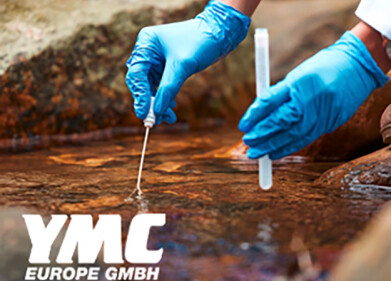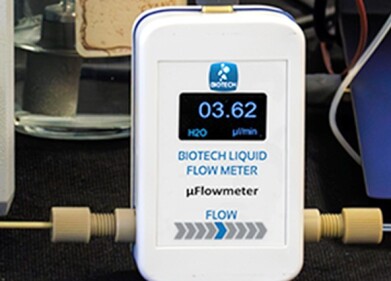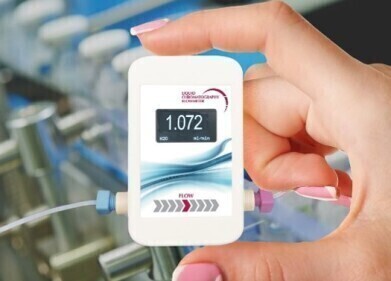-
 Scientists find four BBR metabolites with liquid chromatography- mass spectrometry
Scientists find four BBR metabolites with liquid chromatography- mass spectrometry
HPLC, UHPLC
Liquid chromatography- mass spectrometry used in liver cell tests
May 18 2011
In the study, published by the Journal of Translational Medicine, the team of scientists aimed to discover which CYP450 (Cytochrome P450) isoenzymes execute the phase-I transformation for BBR, and what are the bioactivities of its metabolites on energy pathways.
During the experiments on rat liver cells, the team used liquid chromatography- mass spectrometry to identify four major metabolites of BBR, berberrubine (M1), thalifendine (M2), demethyleneberberine (M3) and jatrorrhizine (M4).
The hepatocyte culture showed that BBR was active in enhancing the expression of insulin receptor (InsR) and low-density-lipoprotein receptor (LDLR) mRNA, as well as in activating AMP-activated protein kinase (AMPK).
Furthermore, BBR's metabolites, M1-M4, were active in up-regulating InsR expression with a potency reduced by 50-70 per cent, while LDLR mRNA was increased only by M1 or M2 (but not M3 and M4) with an activity level of 35 per cent or 26 per cent respectively of BBR.
Digital Edition
Chromatography Today - Buyers' Guide 2022
October 2023
In This Edition Modern & Practical Applications - Accelerating ADC Development with Mass Spectrometry - Implementing High-Resolution Ion Mobility into Peptide Mapping Workflows Chromatogr...
View all digital editions
Events
Jan 20 2025 Amsterdam, Netherlands
Feb 03 2025 Dubai, UAE
Feb 05 2025 Guangzhou, China
Mar 01 2025 Boston, MA, USA
Mar 04 2025 Berlin, Germany


.jpg)








